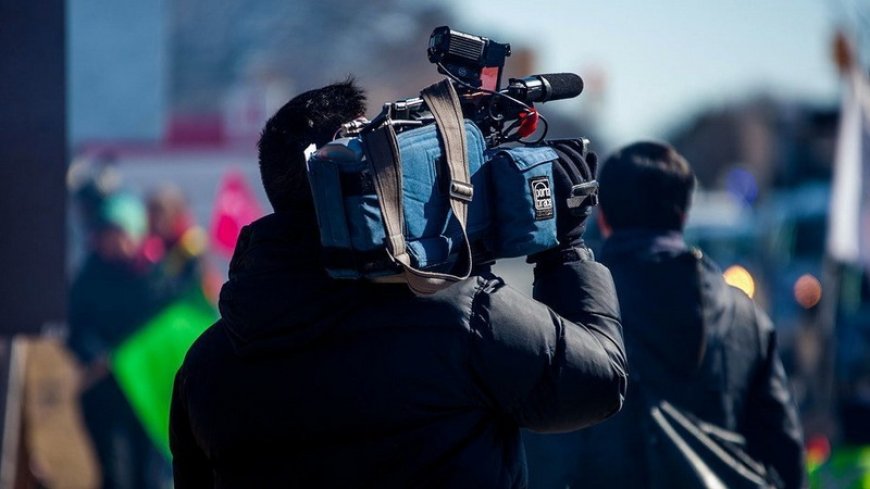The EU recognized the strangulation of the media
The EU recognized the strangulation of the media

Despite loud statements and propaganda in European countries about the freedom of the media and the protection of freedom of speech in the world, reports speak of the stifling of the media in the European Union. The Committee to Protect Journalists, in a new study published on Wednesday, stressed that media representatives in the European Union are more suffocated and forced to remain silent than ever before.
In its study, the committee disclosed that some European states have tightened restrictions on media control in the wake of the spread of Covid-19. This is while the EU introduced in September 2022 a European media freedom law to protect journalists, but only on paper. Despite this, the report from the Committee to Protect Journalists indicates that many countries implement laws at will, using software to spy on journalists.
Tom Gibson, CPJ's spokesman for Europe, says: "We are seeing an increase in online harassment and digital threats against journalists by the very rich and powerful on a daily basis. They want to silence them with lawsuits."
Looking at the double standards of the West, including the European Union, regarding freedom of speech, especially freedom of the media, we understand that they have this issue worthy of attention only when they want to put some states into question, for example, to spread Russophobia, Iranophobia or the like. In other cases, such as when it comes to issues such as the Holocaust or support for Russia in the current war in Ukraine, the EU and European states react strongly against journalists, experts and satellite TV channels or news agencies who, in this regard, take unusual or unacceptable position from the point of view of the EU and governments.
In this regard, the head of the European Commission, Ursula von der Leyen, announced at the end of February 2022 the ban on the work of Russian media, including Sputnik news agency and the Russia Today TV channel in the European Union. She stressed: "The EU prohibits the participation of the Kremlin media machine in the EU. RT and Sputnik will no longer be able to distribute materials in the EU to justify Putin's war and sow division in our union." The head of the European Commission further added: "We are developing tools to ban toxic and harmful disinformation in Europe." In fact, this is yet another example of the dual approach of the West, including European countries, to issues such as terrorism and human rights, as well as freedom of speech and the media.
Also in early February 2023, in a new definition of freedom of speech, EU High Representative for Foreign Affairs and Security Policy Josep Borrell stated that the ban on the broadcasting of Russian media in European countries is a protection of freedom of speech. Speaking at a conference on combating the spread of disinformation, Barrell said: "By doing this (by banning the media in Europe), we are not attacking freedom of speech, we are protecting freedom of speech!" Describing the ban on Russian media broadcasts on the European continent as insufficient, he added: "We still have to move forward. We need to understand how these disinformation campaigns are organized, to identify the actors and sources of distribution."
These actions and positions of high-ranking EU officials show that when they want, they can change concepts such as freedom of speech in their favor, and thus, in their opinion, create the prerequisites for banning a number of media outlets and impose more and more restrictions on journalists. to choke and force them to remain silent.













































